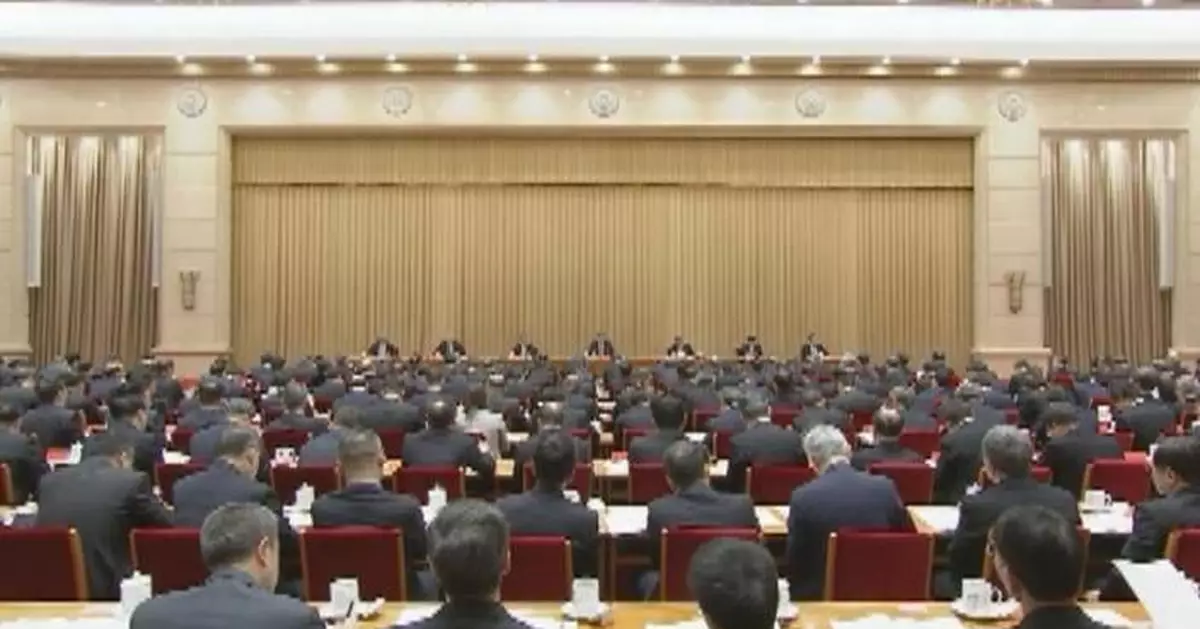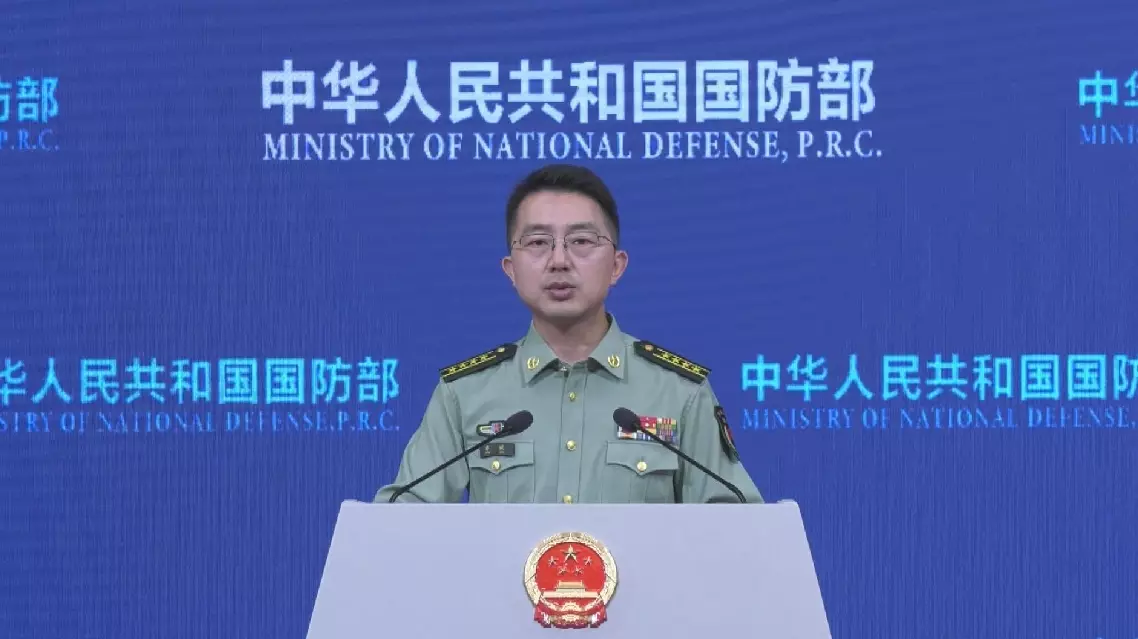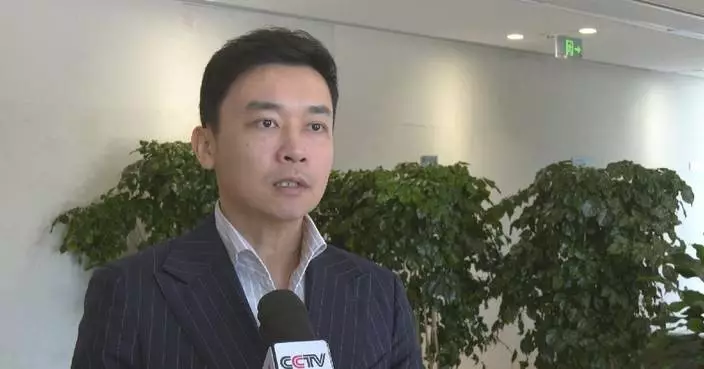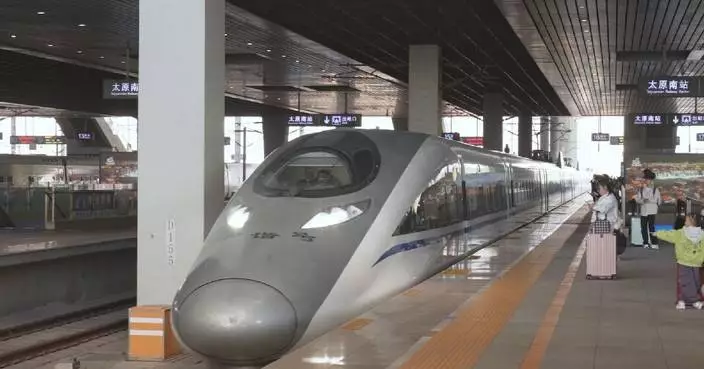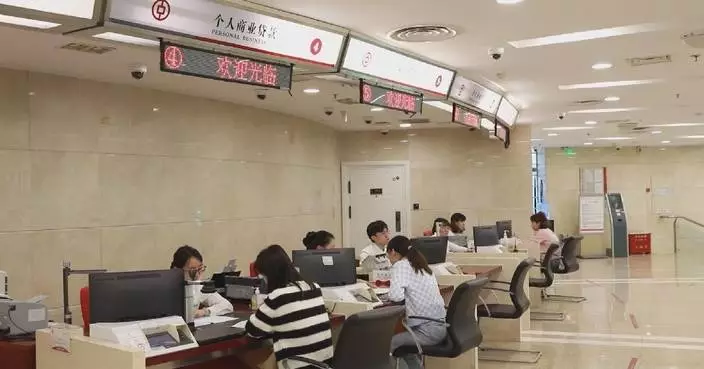Senior officials from various departments of the Chinese government said the just-concluded Central Economic Work Conference has provided a roadmap for economic work next year, vowing to actively implement policies to maintain steady economic growth.
The annual meeting was held in Beijing from Wednesday to Thursday as Chinese leaders decided priorities for the economic work in 2025. Chinese President Xi Jinping reviewed the country's economic work in 2024, analyzed the current economic situation, and arranged next year's economic work in his speech.
More proactive and impactful macro policies should be implemented to sustain the upward trend of the economy, the meeting said.
"We will implement a more proactive fiscal policy, increase the issuance of ultra-long-term special government bonds and the use of local government special bonds. In the next step, we will focus on refining and improving various policies and measures so that they can be implemented to produce effects as early as possible," said Wang Jianfan, director of the Budget Department under the Ministry of Finance.
"The People's Bank of China will implement a moderately loose monetary policy, reduce reserve requirements and interest rates as needed, and maintain ample liquidity to ensure the amount of social financing and the money supply increase in line with the expected targets for economic growth and overall price levels. We will promote a steady decline in the overall social financing costs, create a favorable interest rate environment, and support the expansion of consumption and investment," said Zou Lan, director of the Monetary Policy Department with the People's Bank of China.
The meeting has assigned nine key tasks for economic work next year, including vigorously boosting consumption, improving the investment efficiency, driving the development of new quality productive forces with sci-tech innovation, and further expanding high-standard opening up.
The officials are determined to rise to challenges and make due contribution to fulfill the goals and tasks in the 14th Five-Year Plan (2021-2025) with high quality and lay a solid foundation for a good start to the 15th Five-Year Plan (2026-2030).
"We will continue to implement the consumer goods trade-in measures, actively develop the debut economy, expand service consumption, hold promotion events creatively, deepen the development of international consumption centers, improve the modern trade and distribution system, innovate and diversify consumption scenarios, so as to make positive contributions to the sustained recovery of the economy," said Li Gang, director of the Consumption Promotion Department of the Ministry of Commerce.
"We will focus on the key task of achieving new-type industrialization, and push for the comprehensive upgrading and transformation of traditional industries, the growth of emerging industries, and the forward-looking deployment of future industries. We will promote the implementation of the action plan for the digital transformation of the manufacturing industry, foster the growth of advanced manufacturing industry clusters, accelerate the construction of a modern industrial system featuring advanced manufacturing as its backbone," said Yao Jun, director of the Planning Department with the Ministry of Industry and Information Technology.
"The Ministry of Housing and Urban-Rural Development will vigorously implement urban renewal to effectively unleash investment and consumption potential. We will comprehensively promote the construction of high-quality houses, communities, neighborhoods and districts to make new contributions to sustained economic recovery and growth, constantly improving people's living standards, and maintaining social harmony and stability," said Zhang Xuetao, director of the Housing Information Management Center under the Ministry of Housing and Urban-Rural Development.
"We will implement plans to support employment in key areas, key industries, rural and urban communities, and small and micro enterprises. We will also study and introduce more policies to reduce the burden on enterprises, stabilize employment, and create more job opportunities, with the aim of achieving high-quality and full employment," said Song Xin, deputy director of the Employment Promotion Department under the Ministry of Human Resources and Social Security.
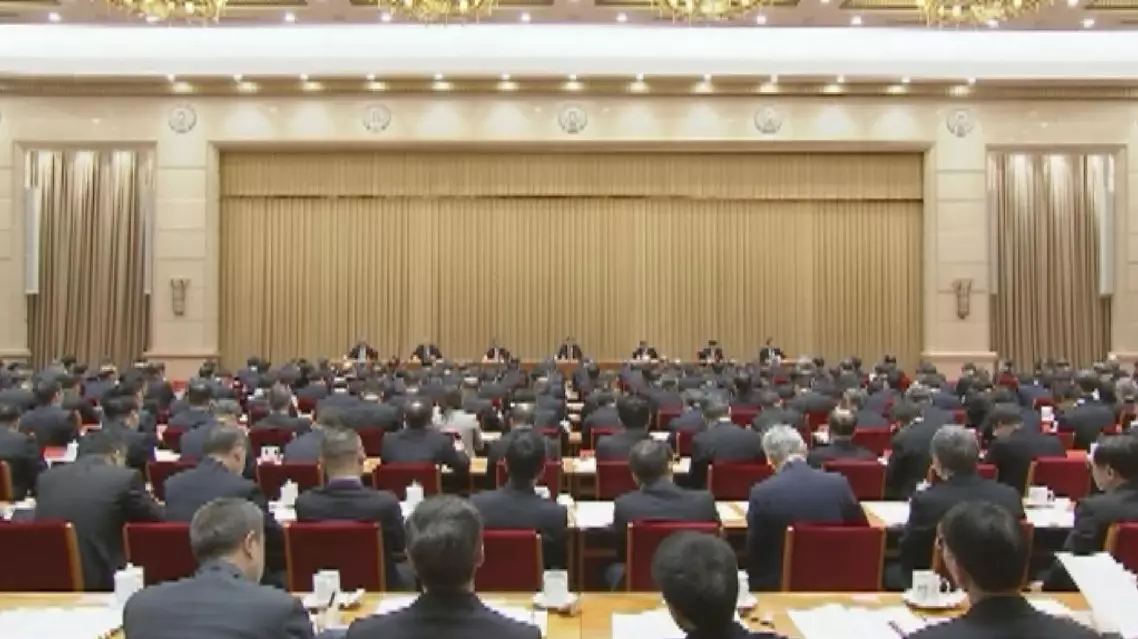
Chinese officials vow to push through concrete measures for sustained economic growth in 2025
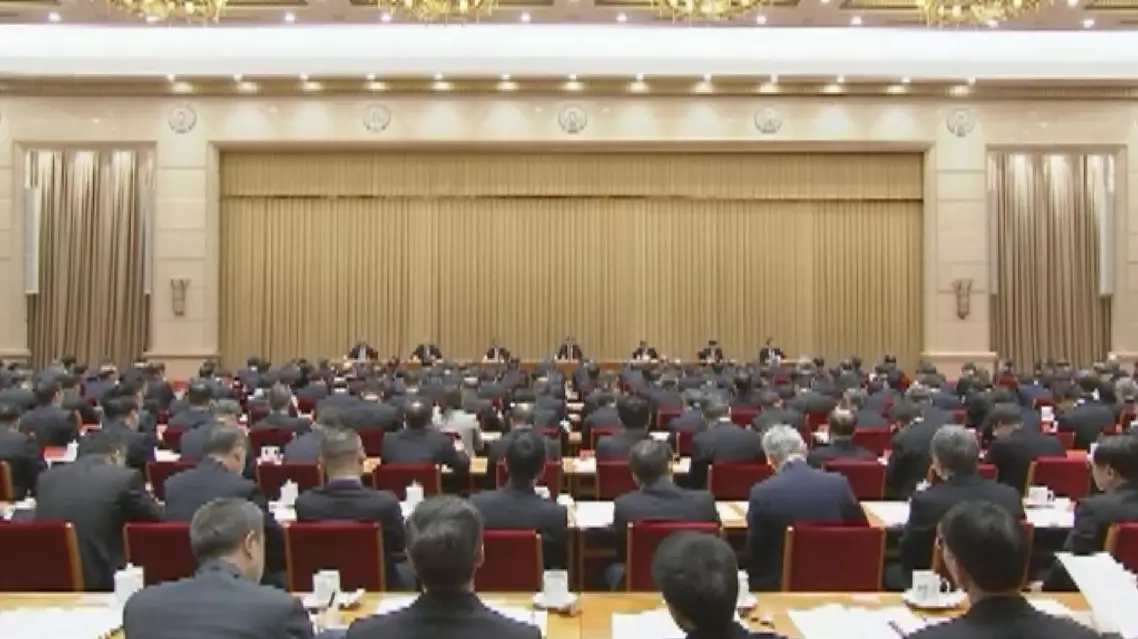
Chinese officials vow to push through concrete measures for sustained economic growth in 2025


